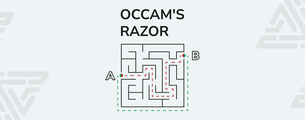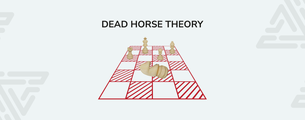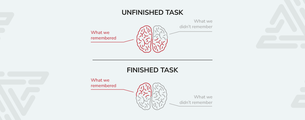In complex environments, the ability to ask the right questions and cut through noise is what separates effective leaders from reactive ones.
Within the Fulcrum Point Method™, critical thinking is central—it enables teams to analyze information from multiple perspectives, identify patterns, and make informed decisions with confidence.
To strengthen critical thinking, focus on building these core skills:
Analytical Thinking
- Gather and interpret information with healthy skepticism
- Recognize cause-and-effect relationships
- Break down complex issues into manageable components
Communication
- Stay open to new ideas and information
- Practice active listening to understand before responding
- Present arguments clearly and persuasively, backed by evidence
Open-mindedness
- Do not judge until sufficient evidence is available
- Apply the “OODA Loop”: observe, orient, decide, and act
- Be open to feedback
Reflective Thinking
- Examine your own cognitive biases
- Analyze past decisions to extract lessons learned
- Use insights to strengthen future decision-making
Research
- Do not accept the baseline – dig deeper
- Examine the credibility and biases of sources
- Use and combine the information from multiple sources
Critical thinking is not a single skill but a discipline—a blend of analysis, openness, reflection, and inquiry. When embedded in decision-making frameworks like the Fulcrum Point Method™, it ensures that choices are not driven by noise or assumptions, but by clarity and evidence.
Downloads
Supplemental Resources
Critical Thinking: How to Achieve Better Project Results.pdf
In complex environments, the ability to ask the right questions and cut through noise is what separates effective leaders from reactive ones.





